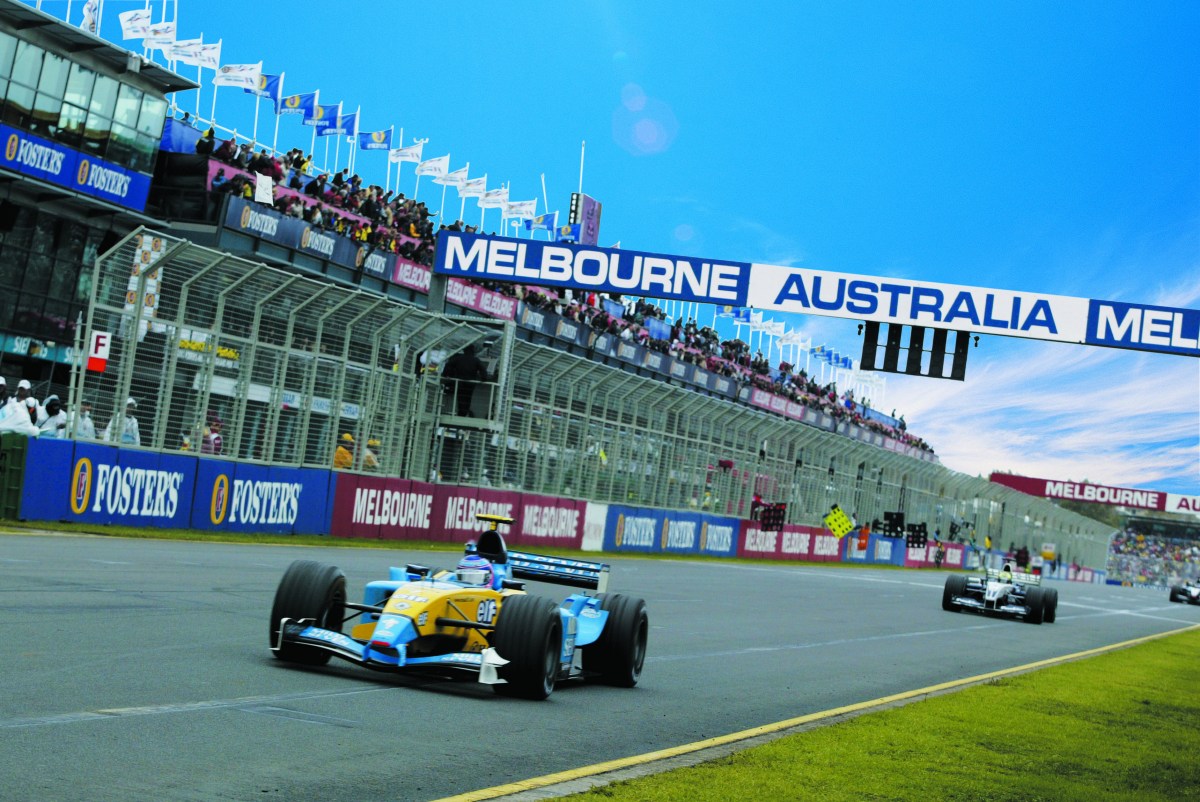
Accor says if Melbourne loses the Formula 1 Grand Prix, it could spell disaster for the city’s hotels.
As the Formula 1 racing event kicks off in Melbourne, Accor is cautioning that the Victorian economy could suffer should the city lose the event.
The debate continues on whether the Victorian Government should cut the cash handout to the event.
The head of Formula1, Bernie Ecclestone has warned that unless Victorian taxpayers continued to pay out at least $55 million annually into the race, it would leave Australia, adding that the Albert Park event was the least viable of all Grand Prix events worldwide.
Accor is Melbourne’s largest hotel operator with 19 hotels ranging from the 5-star Sofitel to the 2-star Formule 1 hotels.
The group has reported that they are currently holding 96% occupancy for its hotels across the city and will be 100% full for Saturday night.
The figures represent a 3% increase on occupancies for the Grand Prix weekend in 2011.
Accor Australia’s Chief Operating Officer, Simon McGrath, said that the loss of the Grand Prix could send a signal to a wider audience that the city wasn’t interested in maintaining its position as Australia’s “events capital”.
“The Grand Prix provides a much longer benefit to the city than just a weekend,” he said.
“It has been the catalyst for the city winning many conferences and other major events because international visitors have been able to witness first-hand how well Melbourne hosts such large occasions. In fact, the success of the city’s events calendar has contributed significantly to the city being named as the world’s most ‘livable city’.
“Last year it was evident that other cities were aggressively targeting events traditionally held in Melbourne because of their extensive economic value, and Sydney is looking to expand its convention and events significantly over the next few years which will provide even greater competition to Melbourne. Losing such high profile international events could lead to a serious decline in other major events, which in turn will affect tourism income and employment.
“Considerable investment has been made in renovating Accor’s hotels in Melbourne over the past few years and more investment is planned over the next few years, so it is important that the city maintains its strong focus on winning major events and conferences.
“This is not just a tourism issue, events such as the Grand Prix bring consumer confidence to the city, which then has a major multiplier effect throughout the economy. In many ways, Melbourne was spared the worst of the GFC because of its ‘events capital’ status. Who could forget the impact of Tiger Woods coming to Melbourne in 2010? It might have been a multi-million dollar investment but it paid vast dividends to the city and put Melbourne in the global spotlight, just as the Grand Prix is currently doing.
“The simple fact is that if Melbourne loses the Grand Prix, almost certainly Australia will as well, so the ramifications of any failure to renegotiate the agreement will spread far wider. It was a bold move to attract the Grand Prix to Melbourne in the first place, now it’s time to ensure that the foresight and progressive thinking displayed in that initial decision isn’t diminished,” he said.
Save Albert Park’s spokesman Peter Logan has called Ecclestone’s threat the pull the event a publicity stunt.
“The Grand Prix is a failed business model because it’s on a temporary circuit. Every year we spend millions of dollars pulling down a stadium,” he said.
This year the event was expected to cost the Victorian Government AUD$55 million with the current contract expiring in 2015.

